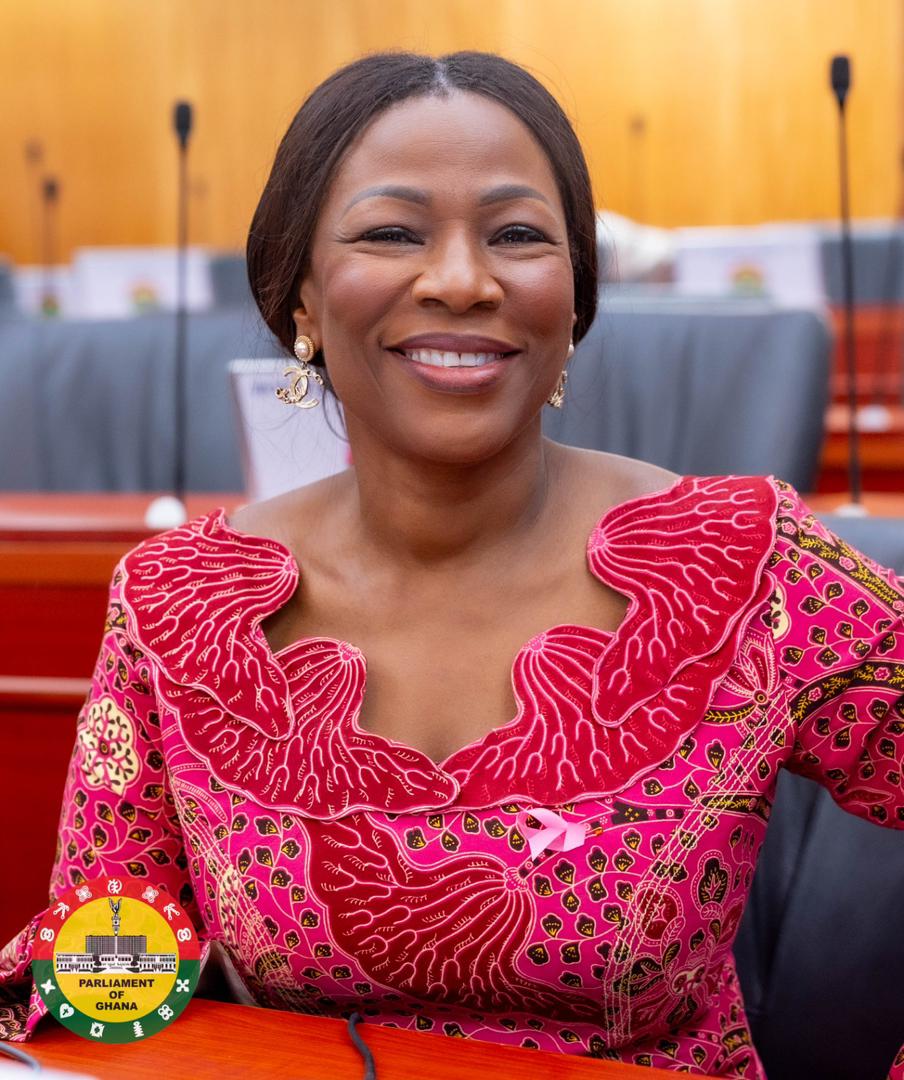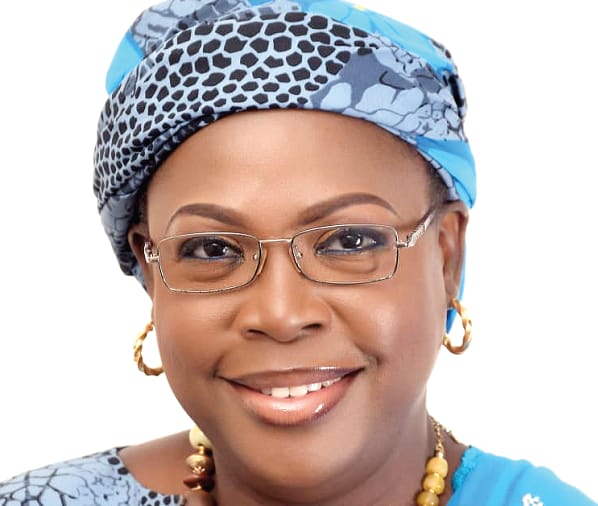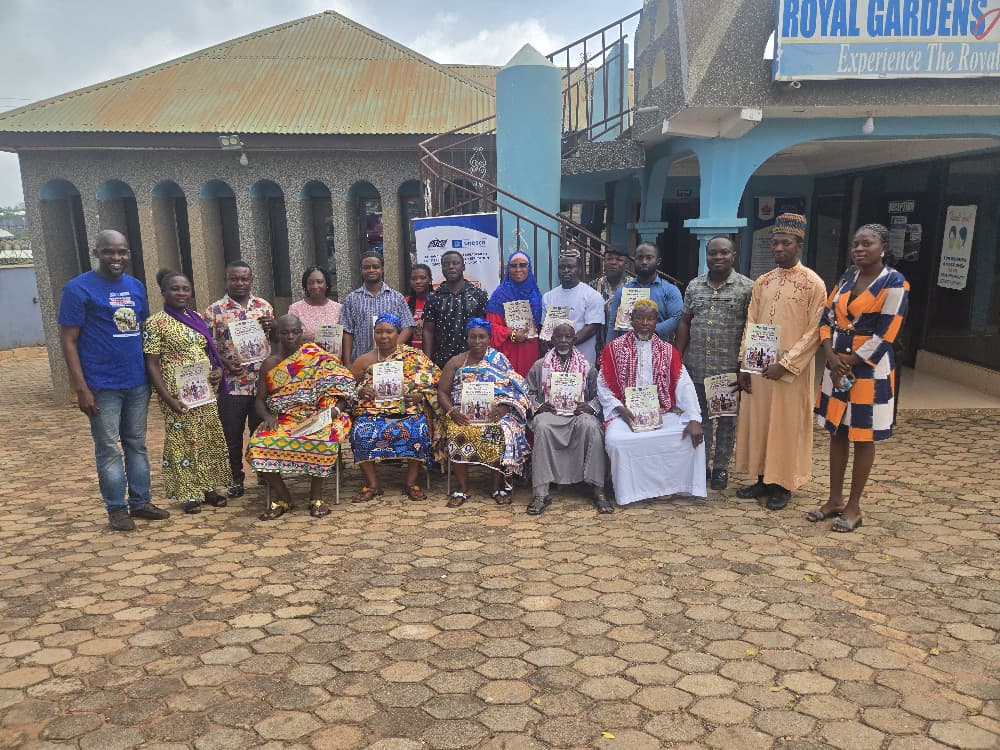The Member of Parliament for Essikado-Ketan, Hon. Grace Ayensu-Danquah, has raised serious concern over the escalating rate of maternal mortality in Ghana, warning that the situation has become a national health emergency requiring urgent, coordinated action.
Addressing Parliament, Hon. Ayensu-Danquah revealed that Ghana’s current maternal mortality rate stands at 310 deaths per 100,000 live births, far exceeding the World Health Organization (WHO) recommended benchmark of 70 deaths per 100,000 live births. She described the latest half-year statistics as deeply disturbing.
Presenting recent figures, she stated that Ghana recorded 430 maternal deaths in the first half of 2023 and 437 deaths in the first half of 2024, contributing to a total of 819 maternal deaths recorded that year. The situation has worsened in 2025, with 504 maternal deaths reported between January and June alone.
Hon. Ayensu-Danquah identified the leading causes of these deaths as hypertensive complications, gestational diabetes, and, most critically, postpartum hemorrhage. She explained that in many cases, after childbirth, “the uterus fails to contract, causing excessive bleeding,” leading to preventable deaths often within the operating theatre or immediate postpartum period. She added that the Ashanti region currently records the highest number of maternal mortality cases nationwide.
She further highlighted that hypertension-related conditions, including preeclampsia, post-eclampsia, and pregnancy-induced hypertension, remain major contributors to maternal deaths.
Hon. Ayensu-Danquah nonetheless commended government initiatives such as the Mahama Cares initiative and the Free Primary Healthcare policy, noting that these interventions aim to improve early detection of high-risk pregnancies at the community level. She explained that proper community screening will ensure that pregnant women with complications are referred promptly to district hospitals instead of attempting delivery at lower-level CHPS compounds lacking the capacity to handle emergencies.
On the broader health system, she explained that Ghana’s transition from diploma to degree-level nursing education will help produce more skilled and specialized nurses capable of managing maternal health challenges more effectively, particularly within rural communities.
Touching on hypertension, she noted that the Free Primary Healthcare program will play a crucial role in early identification and treatment of hypertensive conditions. With affordable medications available, managing hypertension at CHPS compounds and health centres will significantly reduce pregnancy-related complications and deaths.
Hon. Ayensu-Danquah concluded by calling on all stakeholders; health authorities, policymakers, community leaders, and development partners to prioritize maternal health and invest in early detection systems. She stressed that Ghana must intensify efforts to ensure that “no woman dies while giving life.”
Source: Elvisnanokyenews.com / Emmanuel Anyigba, Parliamentary Correspondent Bryt TV






Leave a Reply